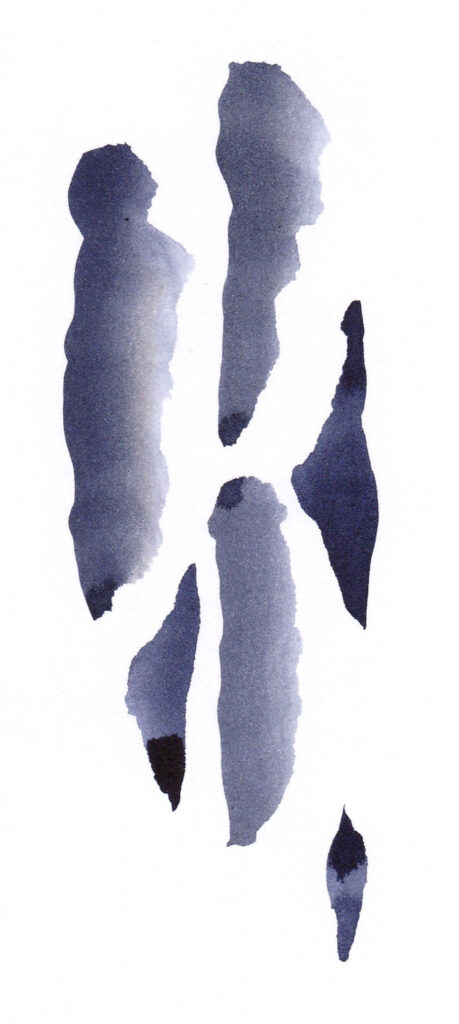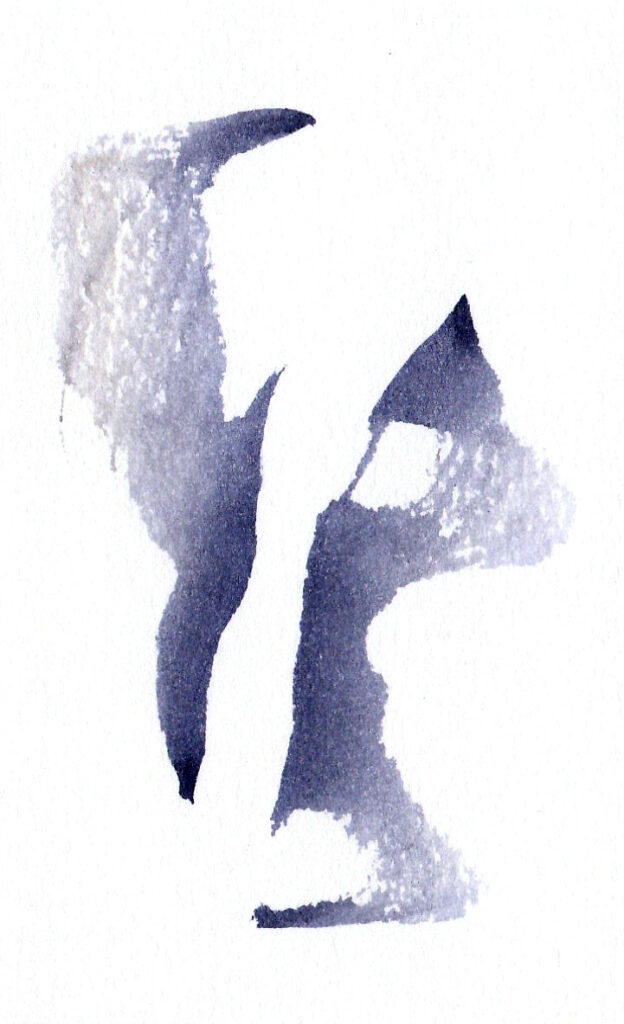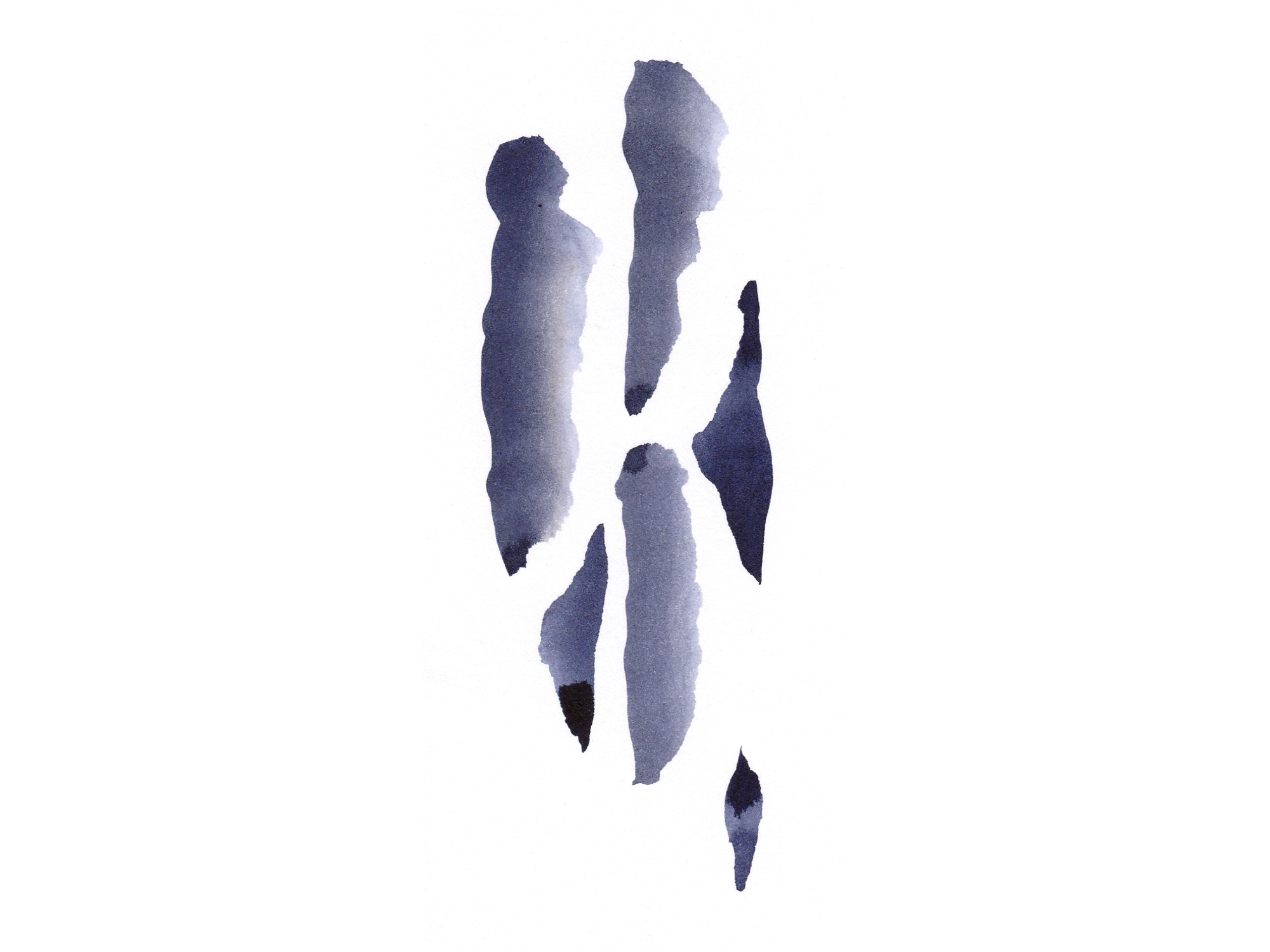The war in Ukraine is in part a result of previous undesirable developments that should not have unfolded as they did. As such, it signifies a need to learn from history and better prevent any further mistakes. Here are a few suggestions for a future order, security, and peace in our world.
Limitation of Power
With few exceptions, power corrupts all those who hold it. People react to power with self-centeredness, the desire to increase their power, and last but not least, many forms of hubris – overconfidence, megalomania, and the like. Almost always, this development is accompanied by the oppression of minorities, dissenters, and/or other countries. Because this is the case, all democracies have already introduced election periods and term limits. Whenever undesirable developments become visible, key moments are built in to end this journey into the abyss and make way for new forces.

This fundamental democratic principle is repeatedly undermined, circumvented, and overridden by individual representatives who are, at first, elected. This is so not only in many African countries, where tribalism lives on at least subliminally, but also all over the world, even in the USA but above all in Russia. Individual elected representatives make themselves rulers, overriding democratic-corrective measures in order to extend their power. This is sometimes dressed up as ‹stabilization› and is sometimes not only tolerated but even quietly supported by larger parts of the population – that the ‹strong man› should steer the fate of the country, especially because their consent is bought by ‹family allowances›, etc. Sometimes its negative effects are limited to the country itself, but usually, it also affects other countries, in the worst case with war. Former democracies are turning into authoritarian regimes, which in the next step become dictatorships, accompanied by increasing terror – both internally and externally. This is a basic evil that usually has a massive impact on global security. The root of this evil lies in the processes just described and is therefore addressable. To me, the (new) authoritarianism seems like a hydra, with faces of today’s old male despots emerging from its snake necks. On the other hand, there is Michael – with scales and a sword. For me, a ‹Scale› would represent taking a measured approach. This is shown by the liberal democratic community of states standing at the line between (arms) aid for Ukraine and prudence not to become a party to the war. ‹Sword› means to conquer the Hydra and thus enable change. This determination, I think, is needed to be able to live out the ideals of Pacifism.
Therefore, one way of establishing general security regulations is to make the principle of parliamentary terms mandatory and as unavoidable as possible for all countries. Much would be gained for peace.
How could this be achieved? On one hand, through much stronger ‹Democracy Training› in the countries themselves (unlike today, where citizens usually carry it out more or less unintentionally …) in the sense of a ‹Democracy License›. On the other hand, only countries with functioning parliamentary terms are allowed to be part of the international systems, be it the UN, IMF, WTO, World Bank, and more. Countries already have to meet specific criteria in order to become members of the EU, for example.
Democracy License

Elections and referendums are often extremely close. Just think of the vote on Brexit, or the close outcome of the 2020 US presidential election. Sometimes election outcomes are decided by the weather – when the weather is nice, fewer people go to the polls because they don’t want to spend the day in line in front of the polling station. The consequences, such as the election of the US President, can be serious. If in democracies, ‹all power comes from the people›, then the people must also be able to exercise that power. Who in Germany knows exactly how the Federal Assembly, which elects the Federal President, is composed? Anyone applying for naturalization in Switzerland must take a test in which they prove their knowledge of Switzerland’s democratic institutions. ‹Eligibility to vote› thus requires a democracy license. (It is possible that many voters of populist parties do not know anything about the Constitution or the basic laws of their country and therefore cannot judge what conflicts with it and what does not. They may also lack substantial knowledge of history.)
Election of Presidents of Superpowers
For the international community, the presidents of superpowers like the USA, China, Russia, or even the EU are very important. The impact of these individuals extends far beyond national borders – just think of the Iraq War. However, they are elected exclusively by the population of the respective country. In the future, presidents of superpowers should be co-elected by the UN General Assembly with a one-third weight.

Integration of Civil Society into Decision-Making Processes
Alongside the state and the private sector, civil society plays an increasingly important role in social life. In line with this role, civil society should have a greater say in political decision-making processes such as international trade agreements. Civil society can perceive and articulate the impact of individual measures on those affected far better than elected, representative government representatives, who often do not have a clear understanding of the ‹people›, nor do business leaders, who naturally represent the interests of their company. At the very least, civil society should be granted an official right of opinion, if not a certain right of co-decision.
When in Doubt – Who Is Fighting?
Currently, thousands of soldiers are dying in Ukraine. The fact that conscripts or professional soldiers – in the Ukraine war by the thousands – have to lose their lives for the interests of an individual (a ruler) seems outrageous. If you want to assert your own interests, you should/would have to fight yourself instead of (cowardly) entrenching yourself behind (bunker) walls, with all the consequences. This should have applied to George Bush’s personal campaign of revenge against Saddam Hussein. Just as in the past, the duel sometimes carried out disputes as a last resort, a modern form should be found for today, where those who want to assert their own interests must stand up for it with their entire person.1 (Alexander the Great and Napoleon went along with the fighters, exposing themselves to danger to implement their plans). If this does not happen, the international community would have the right and duty to intervene. To this end, soldiers should only be allowed to go to war voluntarily. No one should be forced to go to war.

Sovereignty and Self-Determination of Regions
How self-determined and self-managed can territories be? Currently, the Luhansk and Donbas territories in Eastern Ukraine are the focus of public attention. But the question of self-determination and autonomy rises again and again – with Catalonia, Scotland, South Tyrol, Darjeeling, and, of course, islands such as Corsica, Great Britain (Brexit), and Taiwan. What are the ways and means to grant people and regions extensive self-determination rights, without endangering the big picture (of state structures) or making them administratively inefficient or confusing in international cooperation? A general set of rules that balances sovereignty with the larger community would be at stake here – for example, that the sought-after Indian state of Ghorkaland in Darjeeling could not cut off the bottleneck of India to the state of Assam. The latest developments around Corsica give hope that something like this could succeed. This could serve as an example.
Who Owns Raw Materials (Fossil Fuels)?
The fossil deposits of crude oil, natural gas, coal, phosphorus, potassium, rare soils, etc., which were created millions of years ago, are randomly distributed on Earth. Unlike the products produced above the Earth, fossil deposits represent a heritage of the whole of humanity, which should not (alone) be subjected to the determining power of the (coincidentally) above state structure. The same applies to the large tropical rainforests such as the Amazon or the Congo, the ‹lungs› of the Earth, as well as to the (large) rivers that cross several countries such as the Jordan River. In each of these gifts of nature lay the potential dangers of war. At least with neighboring states, as in the case of rivers, but as a rule, the entire international community should jointly determine the use of underground resources. The rules for this could be based on the rules for the successful handling of commons, which Nobel Laureate in Economics Elinor Ostrom presented to the world public in 2009.

Illustration Ink drawings by Katharina Müller – Translation: Monika Werner














IF PEACE IS THE HIGHEST FORM OF HUMAN COEXISTENCE… and this energy will – when embraced – evolve our species to a new level of Consciousness which is the very idea of your words of wisdom – what I witness from my perspective in the U.S. and in many, if not all governments, is a lack of interest in pursuing humane co-existence with a distressful trend; an embrace of the lowest consciousness possible in about 1/3 of humanity. Tribalism seems at a high level in many places/states in the U.S. and in despotic governments with their propaganda machines on high gear. Those who influence voters with fear and hatred for profit seem more powerful year on end. I don’t know the answer, although your essay has good answers, who is it that will take these steps? If voters are distracted by life’s problems to the point of apathy of politics, what chance do we have of creating policies that protect life and promote altruism? I am devastated by the Russian war on the citizens of Ukraine. The U.S. and Europe could have stopped it by calling Putin’s bluff and standing with Ukraine against Putin, but that did not happen. When the U.S. invaded Iraq no one stood against this insanity. Europe sent troops to fight with the U.S. soldiers. Insane. Finally a cease fire in Yemen. Who stood against this war, what countries said enough is enough. The U.N. has no power due to the veto power of the countries that are supposed to serve peace on the Security Counsel. Nothing in this corporate world makes sense. I think the only solution is worldwide disaster where people must come together to help each other survive. The picture is bleak as you are well aware but I really like your ideas for promoting peace and perhaps, just perhaps we will somehow become motivated to our united self preservation.